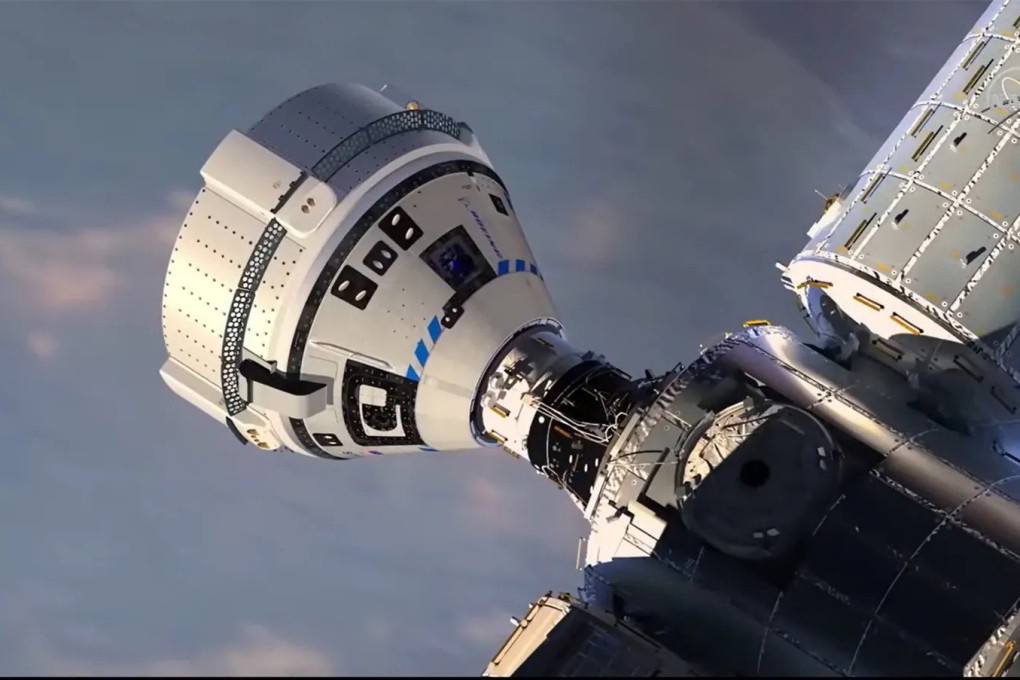SpaceX to bring Boeing’s Starliner astronauts back to Earth next year, Nasa says
- In a blow to Boeing’s space programme, what was expected to be an eight-day mission to the International Space Station will last for months

Two Nasa astronauts who flew to the International Space Station in June aboard Boeing’s faulty Starliner capsule will need to return to Earth on a SpaceX vehicle early next year, Nasa chief Bill Nelson said on Saturday, deeming issues with Starliner’s propulsion system too risky to carry its first crew home.
The agency’s decision, tapping Boeing’s top space rival to return the astronauts, is one of Nasa’s most consequential in years. Boeing had hoped its Starliner test mission would redeem the troubled programme after years of development problems and over US$1.6 billion in budget overruns since 2016.
Veteran Nasa astronauts Butch Wilmore and Suni Williams, both former military test pilots, became the first crew to ride Starliner on June 5 when they were launched to the ISS for what was expected to be an eight-day test mission.
But Starliner’s propulsion system suffered a series of glitches beginning in the first 24 hours of its flight to the ISS, triggering months of cascading delays. Five of its 28 thrusters failed and it sprang several leaks of helium, which is used to pressurise the thrusters.
In a rare reshuffling of Nasa’s astronaut operations, the two astronauts are now expected to return in February 2025 on a SpaceX Crew Dragon spacecraft due to launch next month as part of a routine astronaut rotation mission. Two of the Crew Dragon’s four astronaut seats will be kept empty for Wilmore and Williams.
“I know this is not the decision we had hoped for, but we stand ready to carry out the action’s necessary to support Nasa’s decision,” Boeing’s Starliner chief Mark Nappi said in an email to company employees following Nasa’s decision.